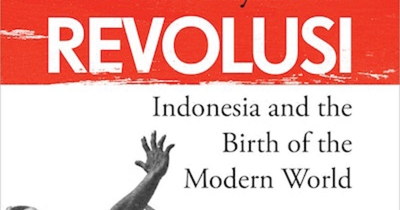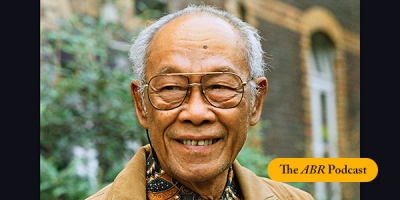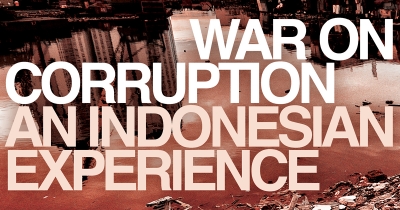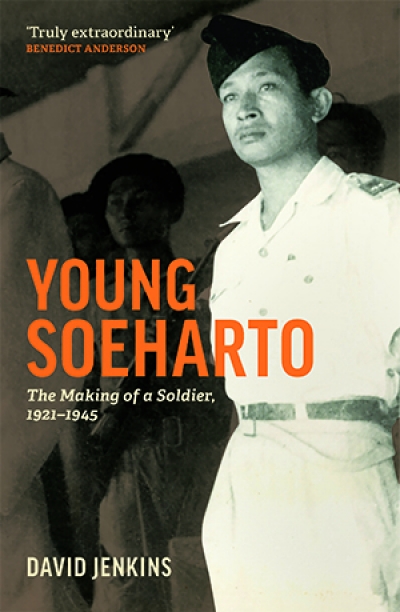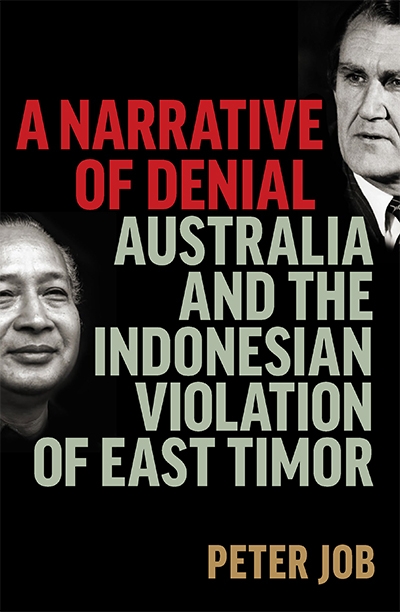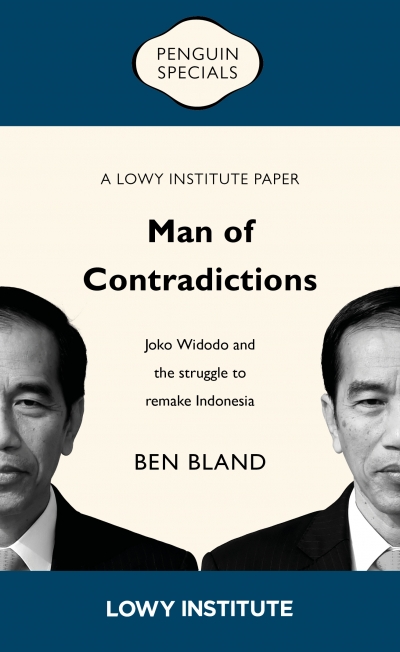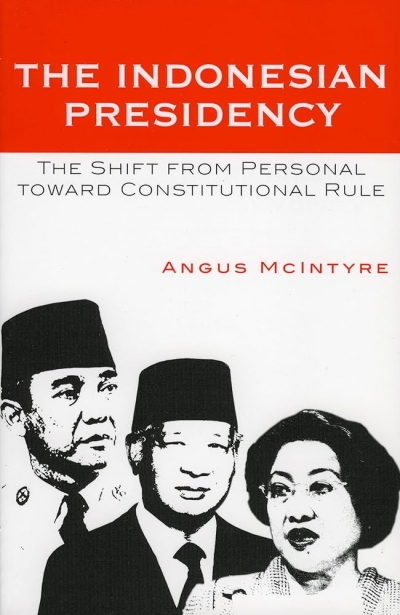Indonesia
Sign up to From the Archive and receive a new review to your inbox every Monday. Always free to read.
Recent:
Revolusi: Indonesia and the birth of the modern world by David Van Reybrouck, translated from the Dutch by David Colmer and David McKay
This week on the ABR Podcast we tell the story behind Indonesia’s twentieth-century literary masterpiece, the Buru Quartet, a set of novels that began life in a jail cell. The Buru novels were written by Indonesian author Pramoedya Ananta Toer, widely considered a potential winner of the Nobel Prize. Nathan Hollier, publisher at Australian National University Press, explains why the Buru novels hold special significance for Australia, even though, as he writes ‘few Australians have heard of them’. Listen to Nathan Hollier’s ‘”At least I’ve told these stories to you”: Pramoedya Ananta Toer and the Buru Quartet’, published in the March issue of ABR.
... (read more)

